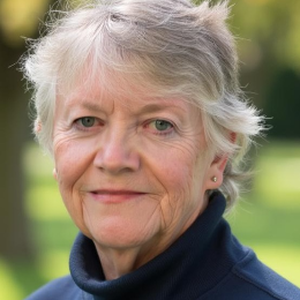
Lilla Ross
I've been working with words as a writer for more than 30 years. I write articles for newspapers and magazines and copy for newsletters, websites and books.
I'm also an editor, well-versed in AP style, unfazed by deadlines and experienced at supervising AI.
Whatever your project, I can help you tell your story. Let me know how I can help.
